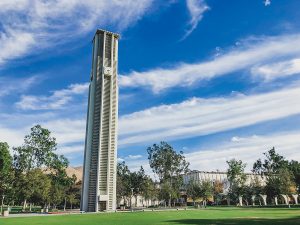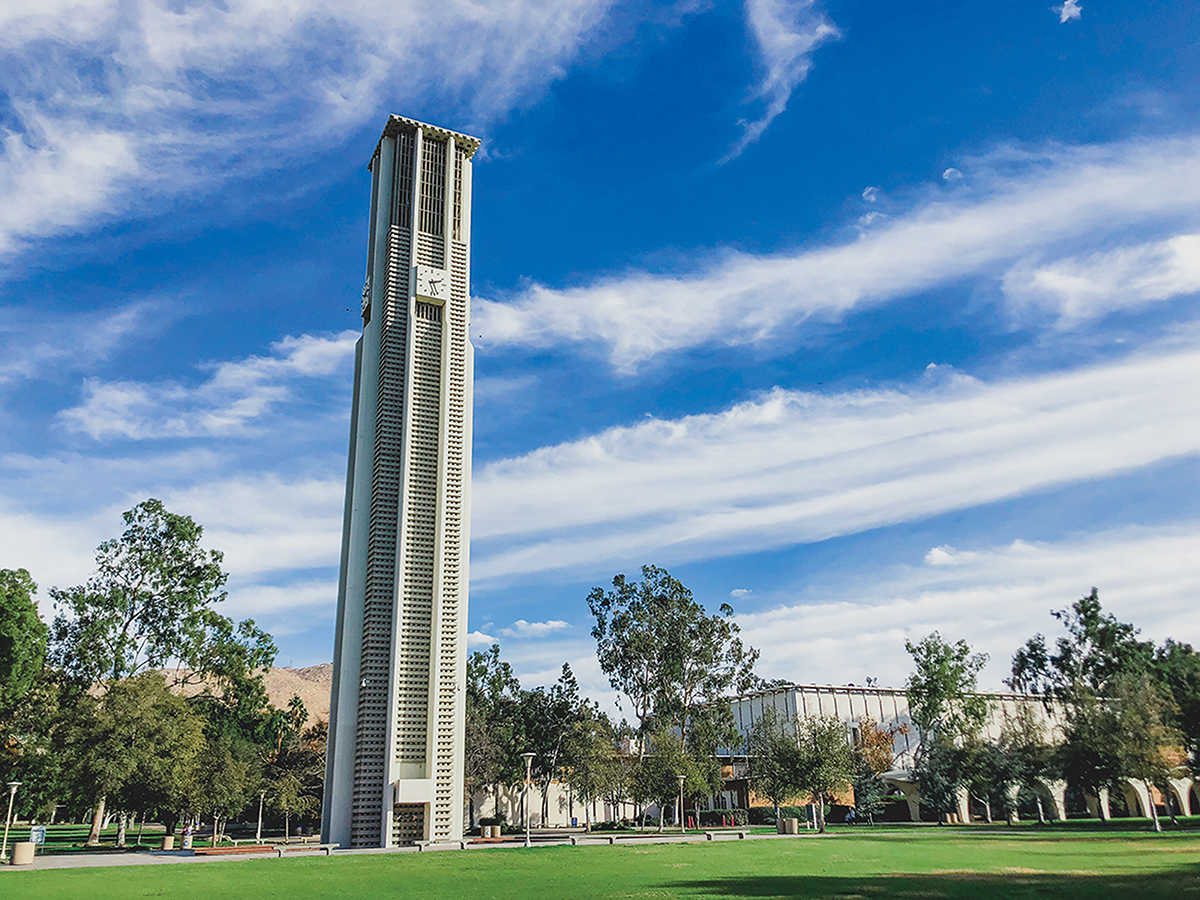
On the walkways surrounding the bell tower, the HUB and other areas on and near campus, leafleters, canvassers and other forms of solicitors frequently set up shop and ask for students’ time, donations, signatures or attention. Although their interactions with students are usually brief (it only takes a few seconds to take their pamphlet and move on or say, “No thank you,” if you aren’t interested), they are overall a nuisance for many students who simply want to go about their day without being heckled to support causes, give donations, sign petitions and so on. More than a nuisance, however, solicitors end up being an unnecessary distraction from higher education.
Even for the solicitors who are not as aggressive in their campaigning, it is not always clear whether most of these groups have much to offer students in exchange for their time (something few students have much of), or whether they are always following UC Riverside’s policies (especially when asking for donations, or when they are aggressive in stopping and harassing students who are clearly not interested). This problem, as well as solicitations for fraudulent causes (for example, the fraud scheme which targeted UC Student Health Insurance Plan (SHIP) members), is an issue that affects students at any campus that solicitors target to promote their causes. With these factors in mind, it is easy to understand why students might come to see solicitors as annoyances and distractions at best, or predatory at worst.
Some might argue that a set of regulations on how solicitors can carry out their soliciting may help. Yet, such a set of guidelines could very easily abridge solicitors’ rights to freedom of speech and assembly on campus, rights that are essential to maintaining free and open discourse, and that the university must take great care to preserve in all situations. Even minor restrictions, such as requiring solicitors to solicit only in certain areas of the campus, could have unintended side-effects, such as greater pedestrian traffic in those areas as a result of the solicitors all trying to stop students who are passing through on their way to class. This in turn would disrupt students’ ability to get from point A to point B in a timely fashion without being stopped every few seconds to take a pamphlet and support every cause under the sun. This is, of course, to say nothing of how difficult it would be to enforce such a policy without assigning personnel to keep an eye on the solicitors at all times.
Something to consider is whether the problems caused by solicitors are enough of an issue for UCR to justifiably take action on. While some students might consider solicitors annoying, their perceptions are shaped by individual experiences with solicitors, which don’t represent all experiences. With that said, UCR has had issues in the past with solicitors asking students to sell their notes online and advertise the notes’ availability to other students, an act which violates university policy. Situations like that, as well as the aforementioned UC SHIP fraud, emphasize that the university must, at a minimum, ensure that its current policies about soliciting are being followed, take action against groups that break them and take preventative measures that do a better job of discouraging solicitors from breaking campus policy.
It is true that students are always free and justified to ignore solicitors or file complaints should they prove to be disruptive or harassing, employing an approach also appropriate for the religious extremist demonstrators who periodically set up at the bell tower to shout about why students are going to hell. Still, the university already restricts the posting and distribution of commercial materials. This can serve as a precedent to justify additional guidelines which would inform how solicitors ought to interact with students, similar to student conduct codes or the Time, Place and Manner Ground Rules which govern on-campus demonstrations. It bears repeating that these guidelines would have to be very carefully structured so as not to restrict constitutionally protected rights in any way whatsoever. Their purpose would have to solely be enabling solicitors to go about their business without disrupting the fundamental reason why students are here — to learn, not sign petitions — and to enable students to report solicitors who choose to disrupt that anyway.
However, not all students have a negative perception of solicitors, and it would be far from the truth to suggest that all interactions with solicitors are unpleasant or a waste of time. For students with a genuine interest in the cause that the solicitor represents, the interaction can prove to be beneficial and informative. Still, one lingering problem is that soliciting from off-campus groups is often related to causes that are too far removed from most students’ education (in comparison to, for example, tabling done by student organizations) to be worth the trouble. It’s going to be difficult for students to care about petitions, flyers, donations and everything else that solicitors bring to campus if there’s no apparent connection to their educational experience. It’s no wonder then why students will see these solicitors as a hindrance, as they currently constitute a distraction from their studies and all of the time and effort that they invest into the college life.
Because UCR is a public university, some off-campus groups are allowed, to a certain degree, to show up and promote their causes, so long as they abide by the university’s current rules and policies. Even so, it’s reasonable for students to expect these groups’ efforts to be relevant to their education, and to expect the university to keep track of what groups are coming to campus. UCR students are here, first and foremost, to receive an education and develop themselves and their skills for the future. Thus, UCR ought to better ensure that current policies are being enforced so as to keep off-campus groups from breaking rules and taking advantage of students for their own gain. Fundamentally, solicitors must respect that students are here to learn, and if they choose to reach out to students, they ought to promote a cause which is conducive to that end. If they fail to do so, they should not expect students to give up even a second of their already limited time.








